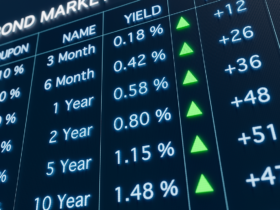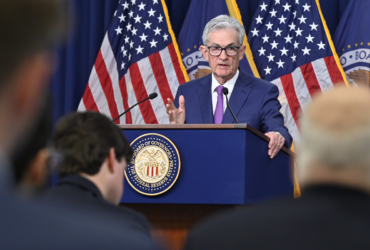The Fed is not backing down. They might be the only ones still saying it, but they are standing firm! Chicago Fed President Charles Evans told CNBC that he sees inflation falling below central bank’s 2% target after current rise subsides…(CNBC)
- “I’m comfortable in thinking that these are elevated prices, that they will be coming down as supply bottlenecks are addressed…I think it could be longer than we were expecting, absolutely, there’s no doubt about it. But I think the continuing increase in these prices is unlikely.”
The PCE is the The Fed’s preferred measure of inflation, the PCE index, hit a 30-year high last week as the index showed an increased 0.3% for the month and was up 3.6% from a year ago. These rising prices are clearly having an impact. A Pew Research Poll found in September that A majority of adults (63%) say they are very concerned about rising prices for food and consumer goods. (Pew)
Milton Friedman famously said that inflation “is everywhere and always a monetary phenomenon.” Evans, however, said this isn’t a monetary problem. “It’s really not a monetary policy issue, it’s an infrastructure supply issue at the moment.” Evans went on to argue that the elevated prices will be coming down as supply bottlenecks are addressed. Unfortunately, William Gaston at that the Wall Street Journal isn’t so sure writing last week “If structural changes turn out to be the main cause, Americans shouldn’t expect the consequences—higher prices at the store—to be “transitory.” (WSJ)
Right now we have multiple debates. Is inflation transitory or is it permanent. Is it a result of monetary policy or supply-chain failures. And if it is supply-chain problems can it be easily fixed or do we have a long-term problem? We will have the answers to all of this soon enough. However, we already know where The Fed stands on this, it’s transitory.






Got a Questions?
Find us on Socials or Contact us and we’ll get back to you as soon as possible.